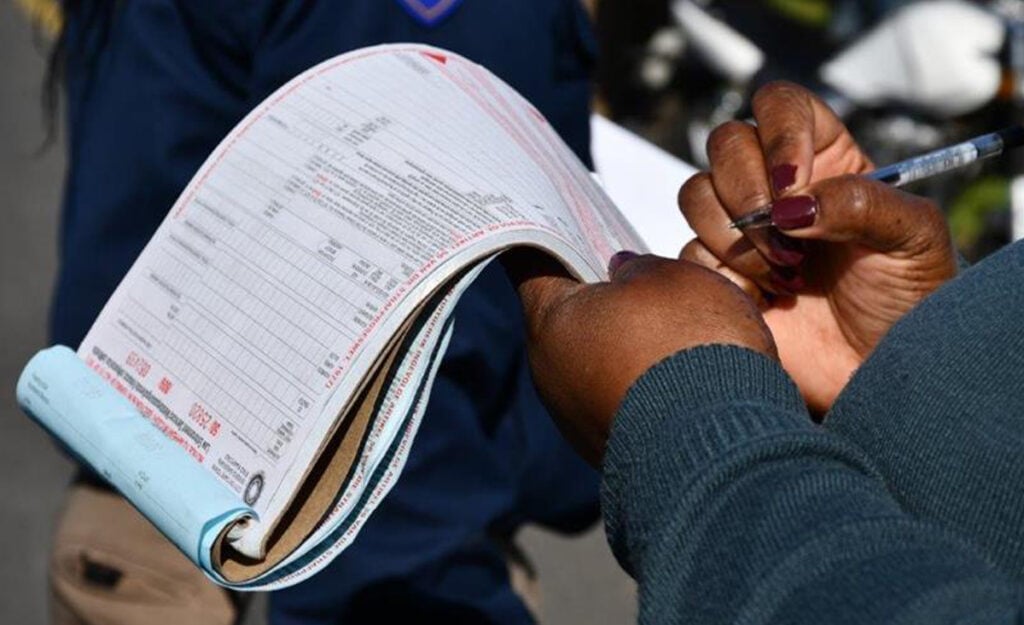How to spot a filling station selling dirty diesel in South Africa

A recent probe by the Department of Mineral Resources and Energy (DMRE) found 70 filling stations across South Africa selling diesel that is watered down with illuminating paraffin for profiteering purposes.
However, the investigation only saw 1,070 samples taken from randomised stations across the country and not from all of the 6,500-plus fuel retailers that motorists have access to, meaning it’s highly possible that more locations are still actively pushing contaminated fuels onto unsuspecting consumers without detection.
With this in mind, DMRE spokesperson Robert Maake said there is one thing motorists can look for as a possible hint that a service station is selling dodgy fuels – the price.
Speaking on SABC News, Maake said: “If you go to a service station and you find that the diesel price is too good to be true, you get a discount of more than R1.00/litre compared to other stations around, then you must be suspicious of that kind of diesel.”
Well-known stations in the clear
The good news surrounding the whole dirty diesel debacle is that well-established filling station franchises owned by major oil companies have been cleared of wrongdoing, at least for now.
The 70 implicated stations were mostly independent dealers and “newer brands”, some of which didn’t even have a licence to trade fuel, the DMRE’s Tseliso Maqubela told Newzroom Afrika.
Unfortunately, the businesses that were identified as selling contaminated diesel can not be “named and shamed” as a violation of this nature is classified as a tax offense.
“Usually, when there is a tax offender their violations are never discussed in public until they have been taken to a court of law,” said Maqubela.
“So, we really want these offenders to face the full might of the law, and we don’t want to prematurely prejudice any case that will be brought by the revenue service against them.”
In the meantime, the country’s revenue services have the right to seal off the locations to protect the evidence.
The stations have also been served with non-compliance certificates and are no longer allowed to sell their product until the necessary remedial measures are taken.
Motorists will therefore have to keep a keen eye on the advertised prices of a particular pump and whether it seems too good to be true. If it does, it’s better to steer clear and drive to a different service provider.








